Learn about crypto with CoinJar
Crypto guides, tips, and explainers.
Stay up to date with crypto by joining more than 150,000 subscribers to CoinJar's crypto newsletter.
Your information is handled in accordance with CoinJar’s Privacy Policy.


Browse by topic
Trending articles
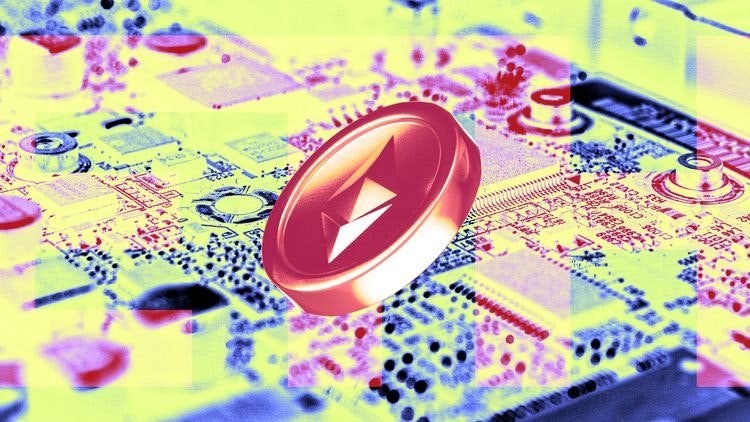
Ethereum 101: The World’s Supercomputer and Its Fuel
A beginner’s guide to the programmable blockchain that powers decentralised finance, NFTs and the future of the internet.Read more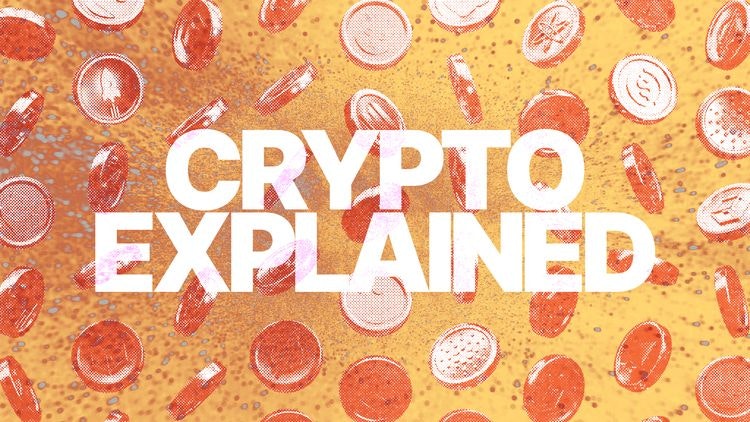
What Is Cryptocurrency? A Beginner’s Guide to Digital Money
Understanding the basics of blockchain, how crypto works, and the key risks to be aware of before you get involved.Read more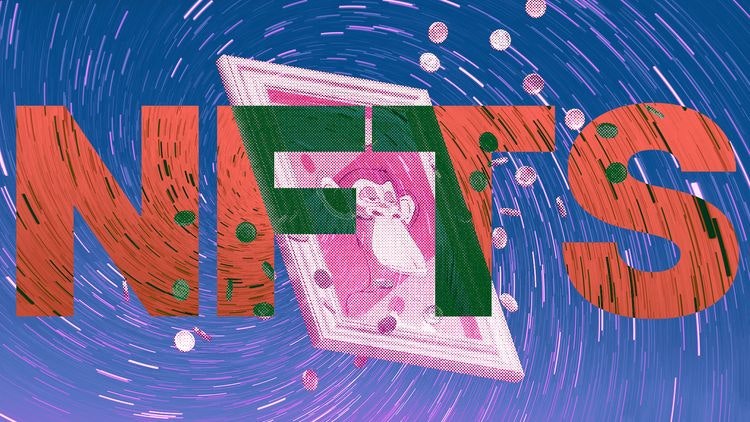
What Is an NFT? A Guide to Digital Ownership
Learn what an NFT is, how non-fungible tokens prove digital ownership, and explore real-world use cases, risks, and future applications.Read moreBitcoin 101
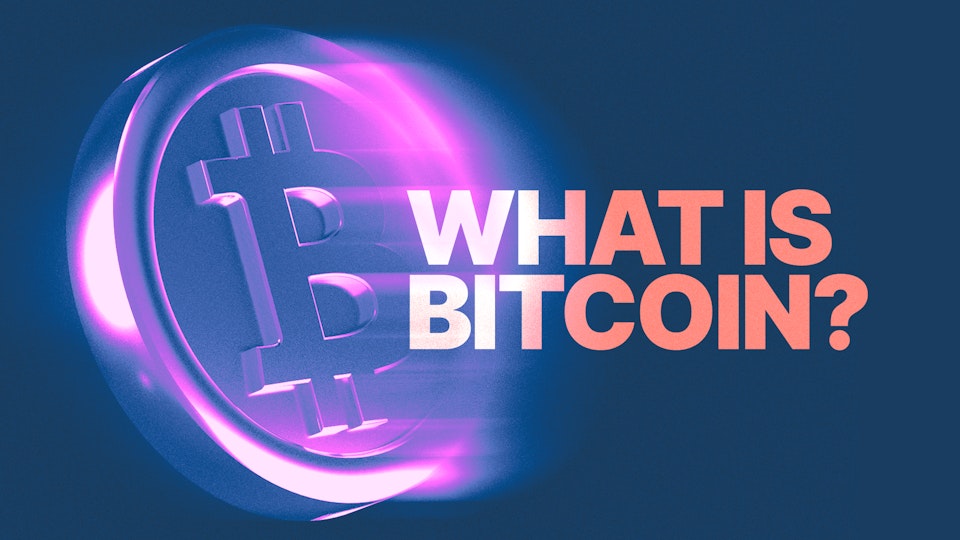
Bitcoin for Beginners: A Complete Guide to the World’s First Cryptocurrency
Unpacking the history, technology, and mechanics behind the digital asset that helped popularise crypto, along with the key risks you need to understand before you get involved.Read more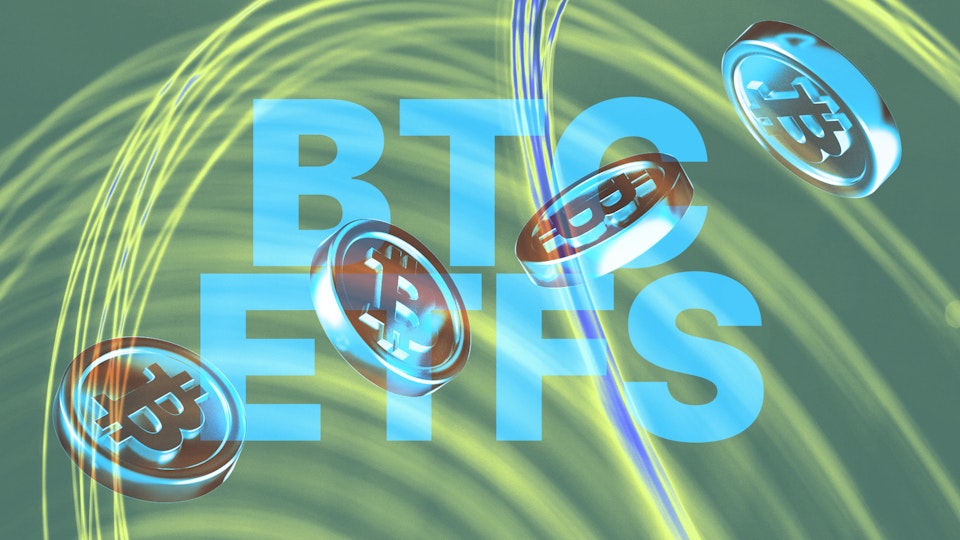
Buy Bitcoin vs. Buy Bitcoin ETPs / ETNs: A Comparison
Bitcoin Vs Bitcoin ETPs/ETNs: Are there advantages of buying Bitcoin directly versus investing in Bitcoin ETPs? Read more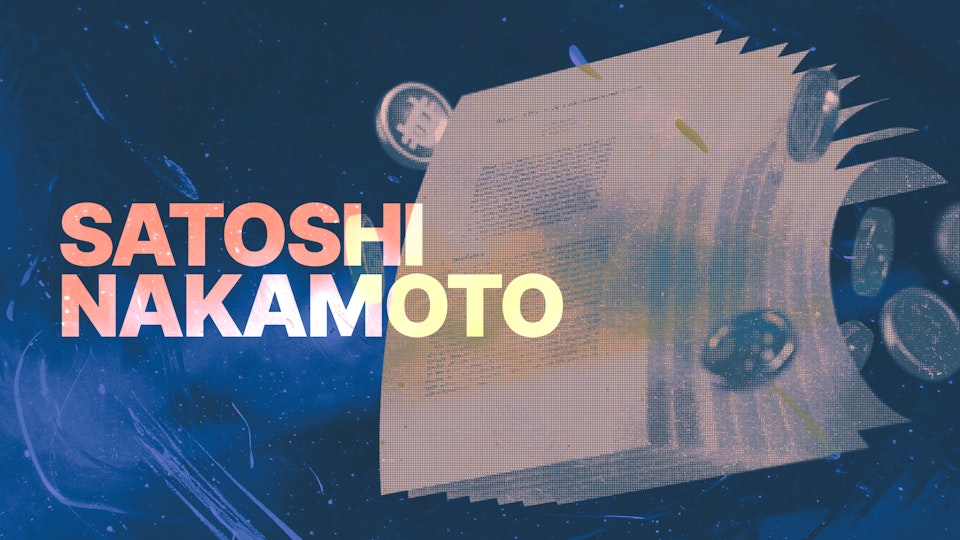
Who Is Satoshi Nakamoto, the Mysterious Bitcoin Creator?
The mysterious creator of Bitcoin has never been exposed... yet. Who is it? Here's what we know so far... Read moreStay in the know with the CoinJar newsletter
Your information is handled in accordance with CoinJar’s Privacy Policy.
Crypto
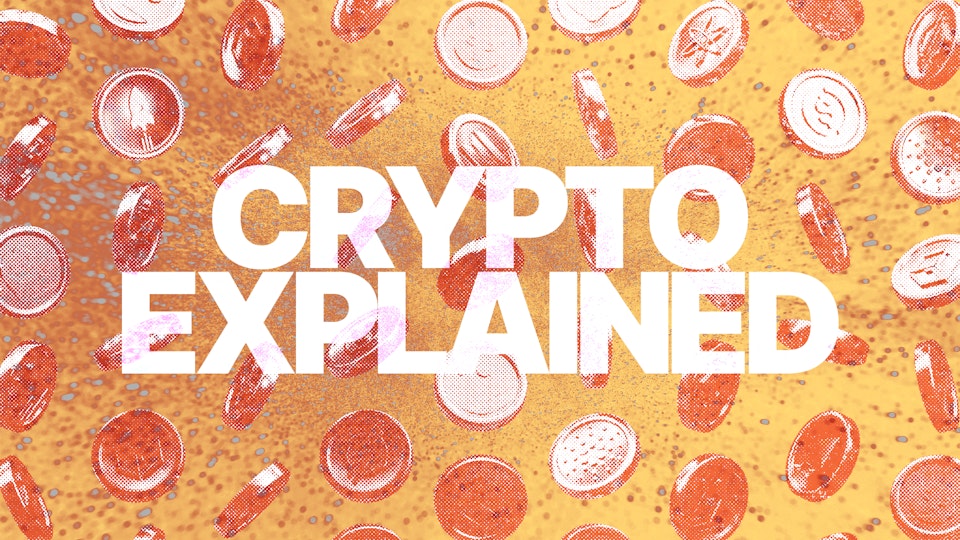
What Is Cryptocurrency? A Beginner’s Guide to Digital Money
Understanding the basics of blockchain, how crypto works, and the key risks to be aware of before you get involved.Read more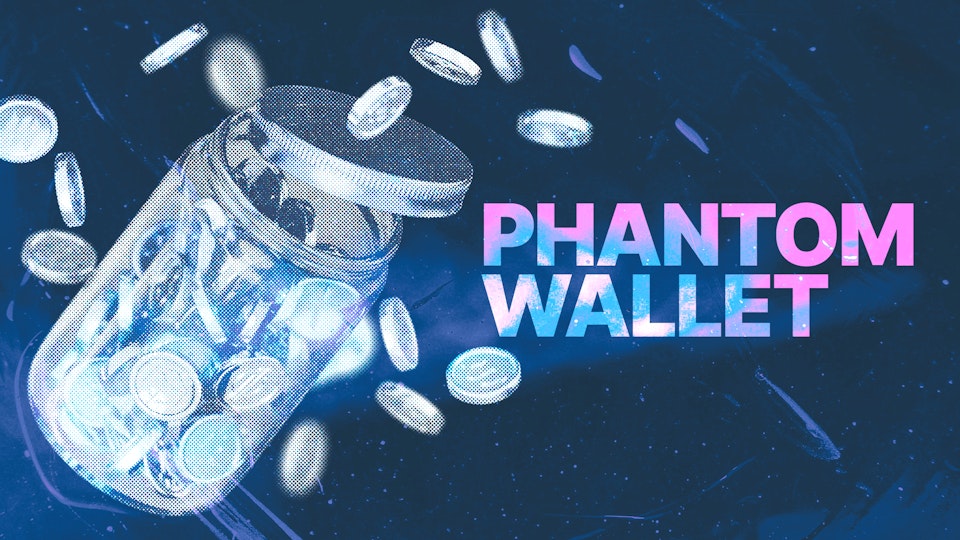
How to Set Up a Phantom Wallet: A Step-by-Step Guide
Your guide to getting started with Phantom, from installation to sending your first transaction from CoinJar. Read more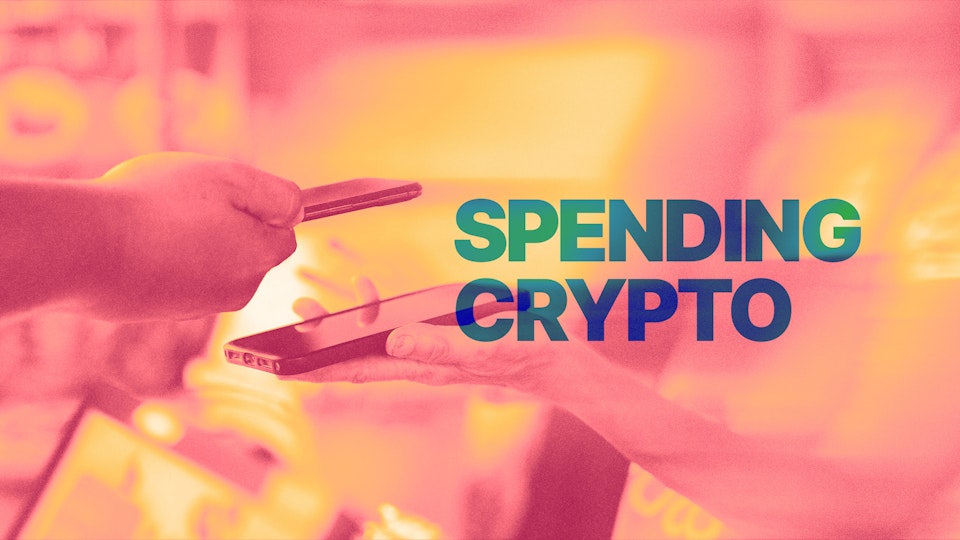
What Can I Buy with Crypto? A Guide to Spending Digital Assets
From coffee to cars, here is how to turn your digital portfolio into real-world purchasing power. Read moreAltcoins
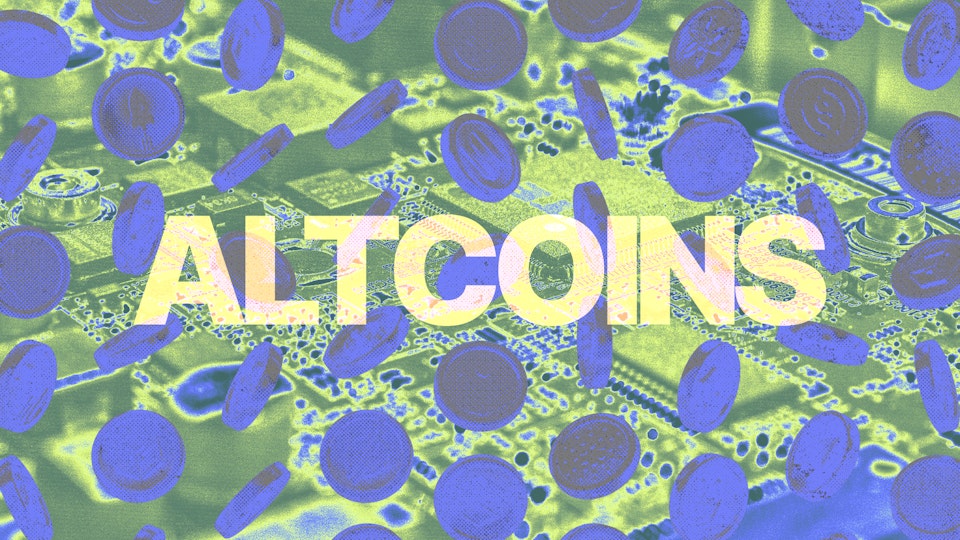
What is an Altcoin? Exploring the Crypto World Beyond Bitcoin
From Ethereum to Dogecoin, this guide looks at alternative cryptocurrencies and how they differ from Bitcoin. Read more
Ethereum 101: The World’s Supercomputer and Its Fuel
A beginner’s guide to the programmable blockchain that powers decentralised finance, NFTs and the future of the internet.Read more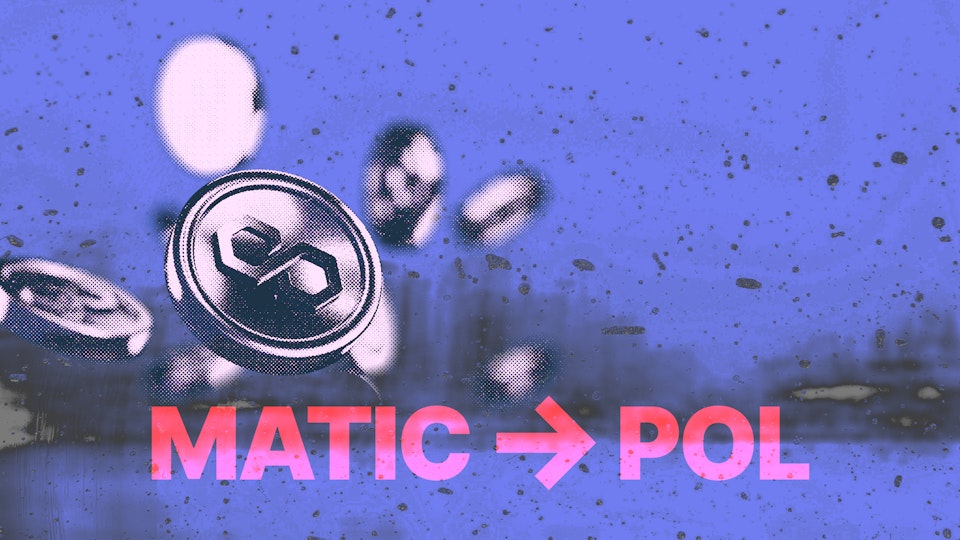
From MATIC to POL: Understanding Polygon’s Major Upgrade
Why one of the world's most popular blockchains changed its token and what it means for your portfolio.Read moreHow to avoid Scams

Unmasking the Quantum AI Scam – Here are the Tactics
The Quantum AI scam is on the rise. Here's what to look out for.Read more
Bitcoin Mining Scam: What to Look Out For
The Bitcoin Mining Scam is a new online threat coming at us. Our compliance expert explains another sophisticated scam to look out for.Read more
SIM Swap: When Bad Actors Steal Your Crypto. What is “Phone Porting”?(And How to Avoid It)
A SIM-Swap threat aims to steal your crypto. Here's how to minimise your chances of getting hit with this "phone porting" danger. Read moreStablecoins

What Is a Stablecoin? What are Stablecoins Used For?
What is a stablecoin? They are cryptocurrencies designed to maintain a steady value by pegging to other assets like the US dollar or commodities. Learn about them here.Read more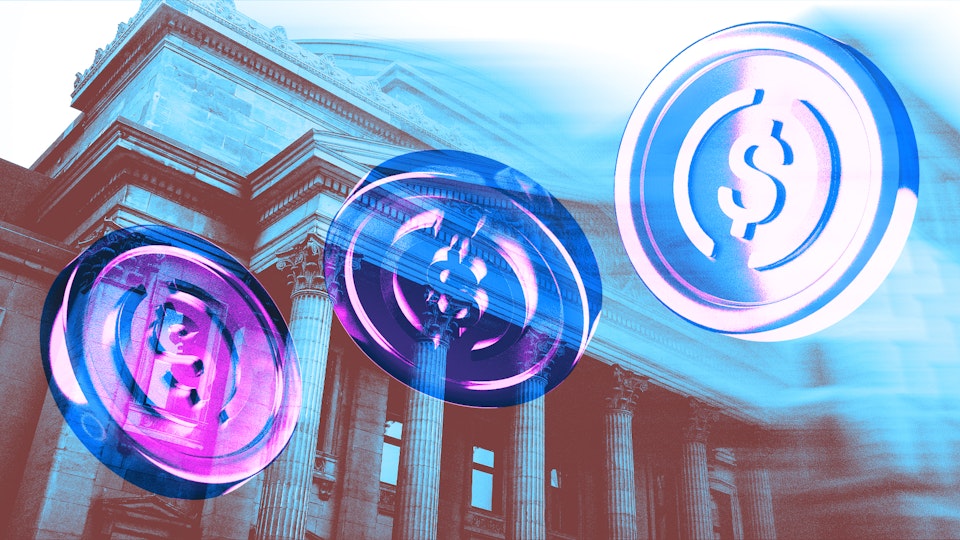
From Wallet to Fiat: How to Cash Out Your USDC
Wondering how to change your investment returns from crypto into your local currency? Here's how. Read more
How to Bridge USDC on Arbitrum, Solana, and Cosmos
Here's how to bridge USDC across three prominent ecosystems: Arbitrum, Solana, and Cosmos. Read moreCrypto Exchange
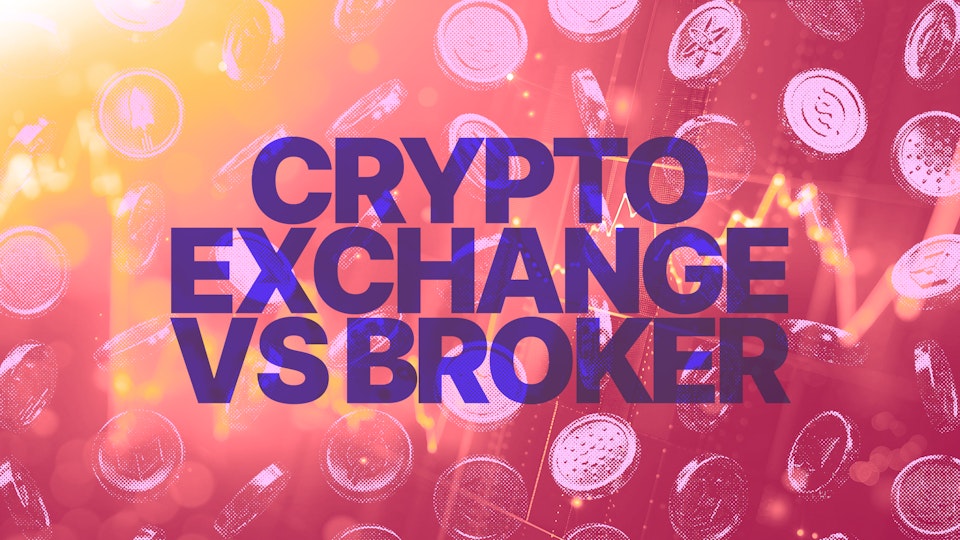
What is a Crypto Exchange? What is a Broker?
A crypto exchange that you want to use might not be an exchange at all, it might be a broker. Here's the difference between crypto exchanges vs crypto brokers.Read more
The Crypto Ecosystem: A Guide to Different Types of Cryptocurrency
From stablecoins to utility tokens, here is how to tell the difference between the thousands of digital assets on the market.Read more
CoinJar Learn - UK Investor Education
At CoinJar, we want to educate our customers of the risks of cryptoassets. Here’s some things that are important to know.Read moreYour information is handled in accordance with CoinJar’s Privacy Policy.
Cryptoassets traded on CoinJar UK Limited are largely unregulated in the UK, and you are unable to access the Financial Service Compensation Scheme or the Financial Ombudsman Service.
We use third party banking, safekeeping and payment providers, and the failure of any of these providers could also lead to a loss of your assets.
We recommend you obtain financial advice before making a decision to use your credit card to purchase cryptoassets or to invest in cryptoassets. Capital Gains Tax may be payable on profits.
CoinJar’s digital currency exchange services are operated in the UK by CoinJar UK Limited (company number 8905988), registered by the Financial Conduct Authority as a Cryptoasset Exchange Provider and Custodian Wallet Provider in the United Kingdom under the Money Laundering, Terrorist Financing and Transfer of Funds (Information on the Payer) Regulations 2017, as amended (Firm Reference No. 928767).
Apple Pay and Apple Watch are trademarks of Apple Inc. Google Pay is a trademark of Google LLC.
This site is protected by reCAPTCHA and the Google Privacy Policy and Terms of Service apply.